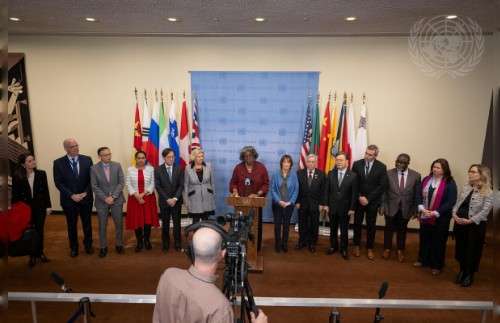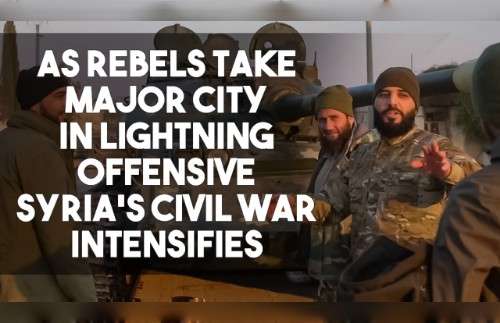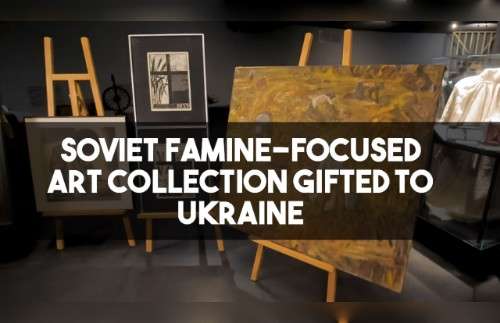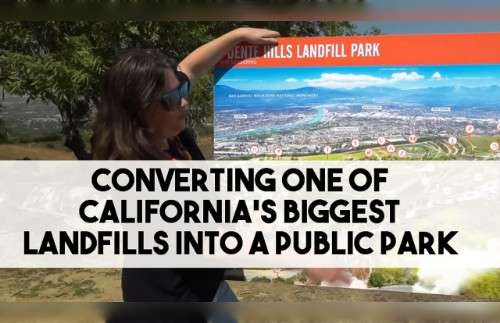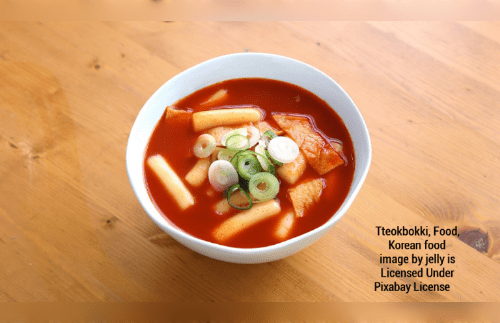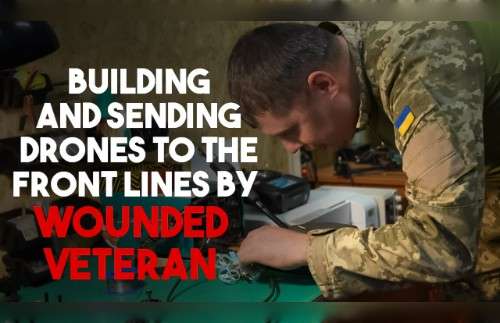The United Nations and the Syrian Arab Red Crescent (SARC) are conducting an inter-agency convoy to deliver essential humanitarian supplies to more than 40,000 displaced people in urgent need of assistance to the camp located southern Syria. The convoy arrived at Rukban on the 6th of February and will last for an estimated seven days.
This is the UN’s largest humanitarian convoy in Syria’s eight-year crisis, with 118 trucks carrying relief supplies and more than 300 participants, including UN staff, SARC volunteers, vaccinators and medical doctors in addition to various logistics personnel.
The UN Children’s Fund (UNICEF) said the humanitarian situation in the remote Rukban camp was dire as most people have limited or no access to assistance and services and live in precarious housing structures.
UNICEF said basic commercial items are available in the markets, but prices are high for some commodities, including fuel, bread, fruits and vegetables. This dire situation has been further exacerbated by the cold winter weather and sandstorms which have reportedly damaged shelters.
UNICEF added that most people lack food diversity and are resorting to reducing meals or selling their assets for food. While malnutrition has not been widely reported among the population, UNICEF warned that a deteriorating food security situation could trigger a malnutrition crisis.
Healthcare continues to be one of the biggest challenges with no certified doctors. There is one main clinic and four small private clinics and approximately 40 small pharmacies with extremely limited resources. The population is mostly dependent on services provided at the UN clinic on the Jordanian side of the border where access remains challenging.
UNICEF noted that there were a few schools in Rukban that provide informal primary education services. However, the teachers are volunteers and the schools lack the resources and supplies to cater for the most basic education needs. 3,500 school-aged children between six and 12 were reportedly out of school, depriving them of their right to education and leaving them more vulnerable to exploitation and abuse.
The UN in Jordan is providing safe water from a borehole to two points in Rukban. However, some people have to travel long distances to reach them or pay for water transportation. There is no sewage system, nor waste management in Rukban, forcing people to dig pits under their homes~UNICEF





